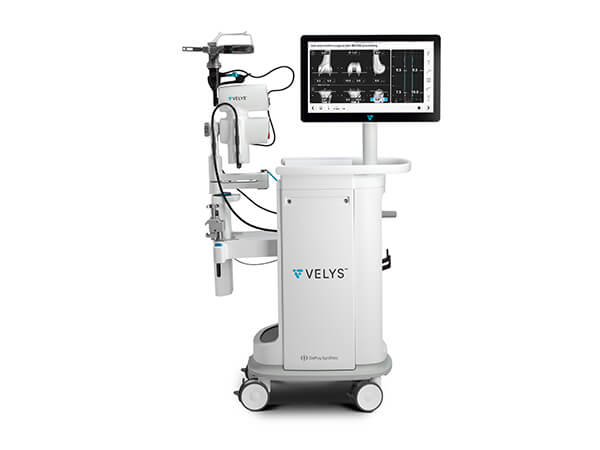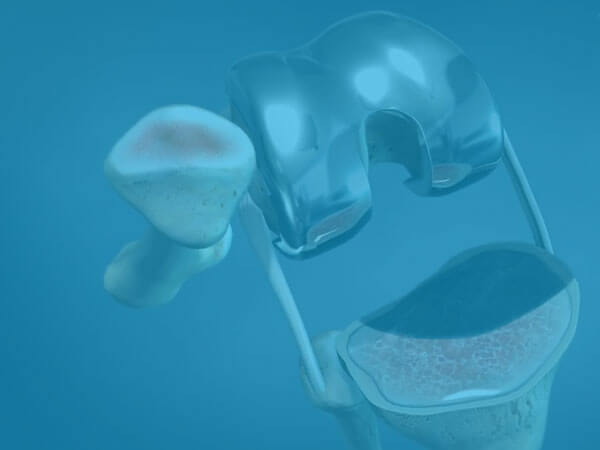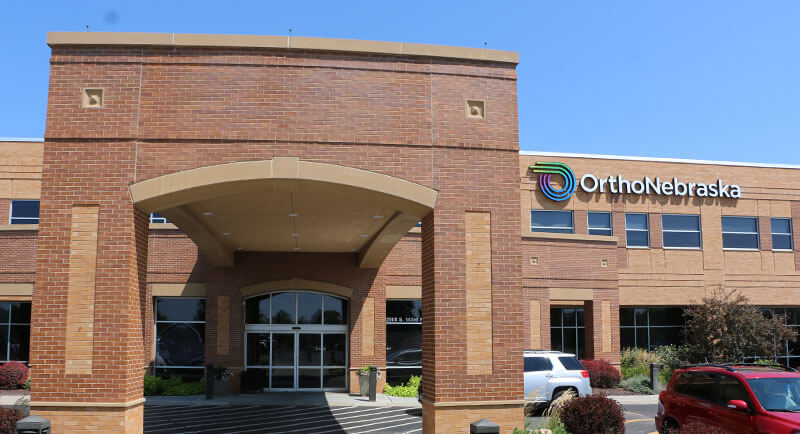What is a Knee Replacement?
During this surgery, a surgeon removes damaged bone and cartilage from your thighbone, shinbone and kneecap. Then, the surgeon replaces it with an artificial joint (prosthesis) made of metal compounds and high-grade plastics.
Who should have a Knee Replacement?
Total knee replacements may be needed due to cartilage damage from arthritis, fractures, or other circumstances. This surgery is an effective method of treatment and offers many patients pain relief that allows them to return to their everyday activities. When you have constant pain during daily activities and other nonsurgical treatments such as physical therapy or knee injections no longer provide good enough pain relief, it’s probably a good time to consider surgery.
Does a Knee Replacement work?
This surgery is considered the gold standard for relief from knee pain after conservative treatments have failed. Still, this surgery should not be undertaken lightly as it takes about a year to see the fully recover to the point you can be more active than before surgery. The good news is that OrthoNebraska has been recognized as a destination for knee replacement based on our high number of knee replacements done yearly, shorter length of hospital stays, low infection rates, our nurse-to-patient ratio and other factors. At OrthoNebraska, we excel at getting people moving again after total knee replacement surgery. It’s what we do.
What can I expect when I have a Knee Replacement?
After your surgery is scheduled at OrthoNebraska Hospital, a nurse navigator will reach out to you to discuss your needs and encourage you to review our online educational videos and guide to help you prepare.
Some examples of things we will encourage you to do:
- Plan on having some help at home for the first few weeks after your procedure, although people do go home alone if necessary after total knee replacement.
- Plan ahead at home and think about ways to make maneuvering around your house and kitchen easier, clearing obstacles out of the way, and removing large rugs.
- Make sure all handrails are secure and that loose cords are tucked away to prevent falling.
You may need a pre-surgical physical from your primary care doctor and possibly other specialists such as Cardiology and/ or Pulmonology to ensure you are healthy for surgery at OrthoNebraska. After you check in at the hospital on the day of surgery, you will speak with your physician and Anesthesiologist before surgery. The anesthesia team will discuss the various levels of sleep you might be appropriate for based on your individual needs, which may include a nerve block, spinal, or general anesthesia. Your surgery will likely take approximately 1-2 hours. Following surgery, you will be in the recovery room for another 1-2 hours before going upstairs to your private room.
Once you are settled in your room, your therapy team and nurse navigators will work with you and your doctor to monitor your progress toward independence with your discharge goals. After you leave the hospital, you may have outpatient physical therapy, depending on your situation and preferences. Whether you are going home with help or alone, you can feel confident that your discharge plan is safe for you.
Full recovery may take about a year, dependent on your general health and dedication to measured progress in therapy.















